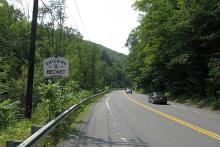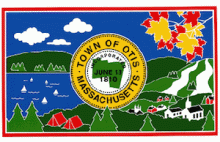Fiber Network is "Game-Changer" in "Backwater" Massachusetts Town
Leyden is located in one of the most rural parts of northwestern Massachusetts, along the edge of the Berkshires tucked away in the valleys of the Green River bordering Vermont.
Though it is only 47 miles north of Springfield and 96 miles west of Boston, this town of about 800 residents is one of only a handful of municipalities in the entire Commonwealth that does not have any state routes running through it, similar to the islands of Nantucket or Martha’s Vineyard off the southeast coast of Massachusetts.
And while Leyden is not a geographical island, it has been a digital outpost barren of broadband. That is until now - with the birth of Leyden Broadband as the town is nearly done with the construction of a 35-mile Fiber-to-the-Home (FTTH) network.
From DSL ‘Backwater’ to Fiber Haven
“Without any major routes here, we get very little ancillary traffic through town. It’s kept us below the radar. We’ve always been a lightly populated hill town that doesn’t really offer a financial reward for the big telecom companies to come in with high-speed broadband,” Andy Killeen, chair of the Leyden Municipal Light Plant and volunteer head of the town’s fledgling Broadband Department, told us this week.
“Folks were running DSL but that worked pretty poorly. We are not close to the copper (DSL) hubs, which means you could pretty much handle email, but that was about it,” said Killeen, who owns and operates a home safety and security business in the nearby town of Greenfield.
The DSL days are over for residents in this 18-square mile town. Leyden may be a “kind of backwater town,” as Killeen put it, but the townspeople are Leydenites; not Luddites.
“We’ve gone from industry-trailing Internet [access] speeds to top-end network connectivity with gigabit speed that rivals anything you can get in Boston,” Killeen said, looking out of his living room window at the nearby mountain range as a bird streaked across the winter sky, his son cozied up next to him streaming a Disney Plus movie in 4K.











